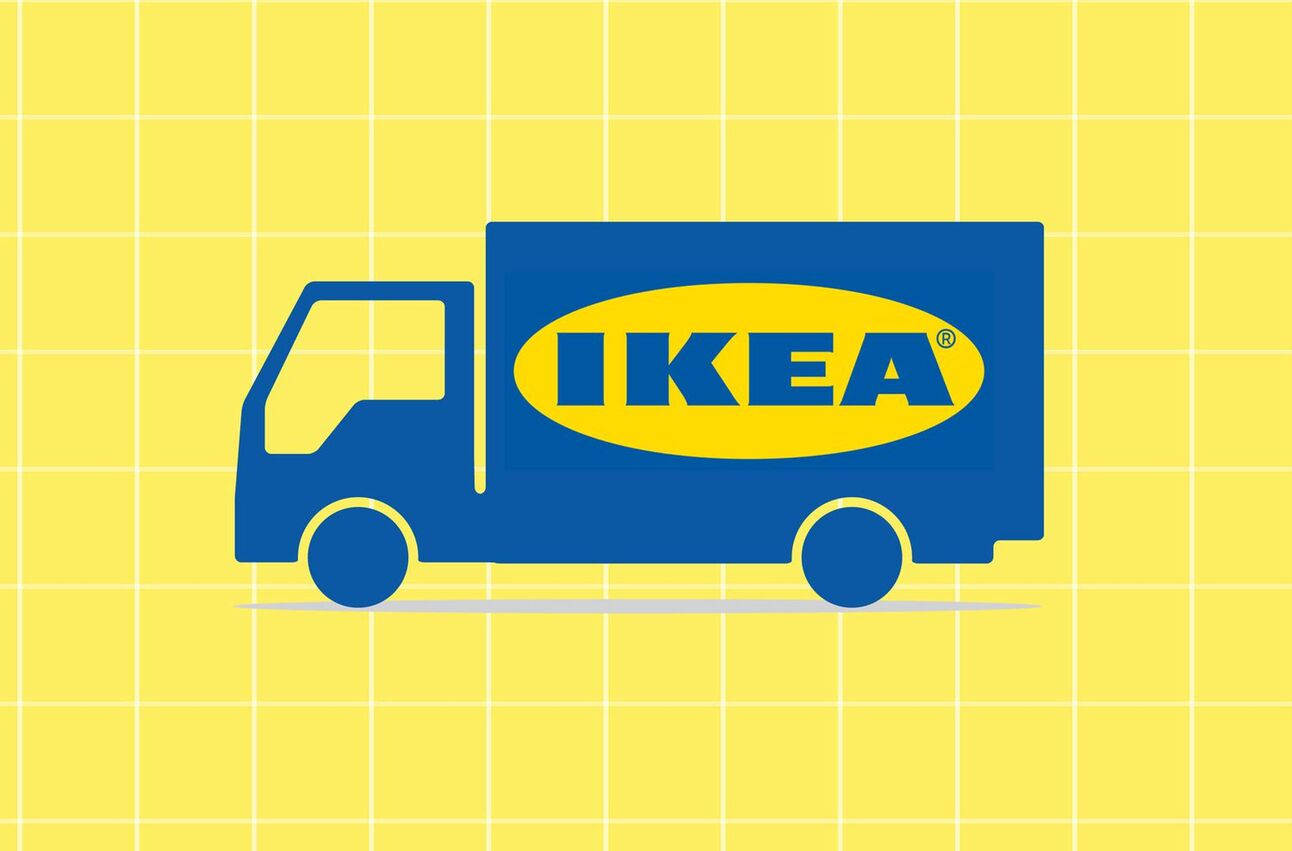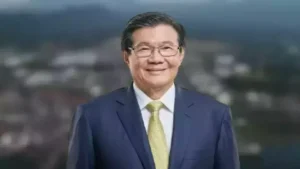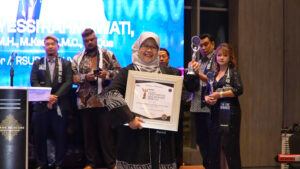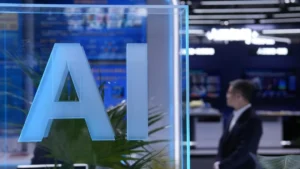London — Ikea, the global icon of affordable furniture and home goods, finds itself at a crossroads as geopolitical pressures mount. Jesper Brodin, CEO of Ingka Group, which oversees the majority of Ikea’s stores worldwide, has issued a stark warning about the impact of rising tariffs on the company’s mission to provide affordable options to consumers. His comments come as the United States ramps up its trade war rhetoric, imposing a 10% tariff on Chinese goods—a move that threatens to disrupt global supply chains and shake consumer confidence.
Speaking ahead of the launch of Ikea’s much-anticipated pop-up store on London’s Oxford Street, Brodin laid bare the challenges posed by these tariffs. “Tariffs make it more difficult for us to maintain the low prices and be affordable for many people, which in the end is our goal,” he said. He explained that while tariffs might be intended to address broader political or economic issues, their real cost often lands squarely on consumers’ shoulders.
Ikea’s supply chain is a carefully balanced ecosystem. Around 70% of its products are manufactured in Europe, while the remaining 30% are sourced from Asia, primarily China. This distribution, while resilient, is not immune to the effects of sudden policy shifts. Despite these pressures, Brodin stressed that Ikea is committed to its long-term partnerships with suppliers, some of whom have worked with the company for over a decade. This loyalty is emblematic of Ikea’s broader ethos, prioritizing stability and fairness even in challenging economic climates.
The new tariffs represent just one aspect of the broader economic challenges faced by Ikea. Rising inflation has already prompted the company to take bold action to support its customers. Last year, Ikea reduced the prices of 2,000 products, a decision that cost the company more than €2 billion ($2.1 billion). While this move provided relief to inflation-weary consumers, it also resulted in a decline in annual revenue in monetary terms, despite an increase in the volume of items sold.
Amid these challenges, Ikea is forging ahead with ambitious expansion plans in London. This week, the company will open a pop-up shop, whimsically named Hus of Frakta, on Oxford Street. Inspired by the brand’s iconic blue Frakta bags, the pop-up allows visitors to personalize their own bags while exploring a curated selection of around 100 products. The temporary shop sets the stage for a larger, more permanent presence: a flagship Ikea store set to open on Oxford Street in spring 2024.
The new store will occupy the historic former Topshop building, which Ikea acquired for £378 million ($476.6 million). Over the past two years, the seven-story structure has undergone extensive renovations to transform it into a modern retail hub while preserving its architectural character. When it opens, the store will span three floors, offering customers the full Ikea experience, including its famed Swedish meatballs.
This central London location represents a strategic shift for Ikea, aimed at catering to urban shoppers who may find its suburban outlets in Wembley and Croydon less accessible. Brodin described the project as an effort to bring Ikea closer to customers, adapting to changing consumer preferences while staying true to the company’s core values.
As international trade policies grow increasingly complex, Ikea’s leadership continues to advocate for cooperation and open markets. Brodin’s remarks reflect a broader concern about the long-term impact of tariffs, not just on businesses but on the global economy. Despite these uncertainties, Ikea remains steadfast in its mission, striving to make a better everyday life for its customers while navigating the challenges of an evolving economic landscape.











